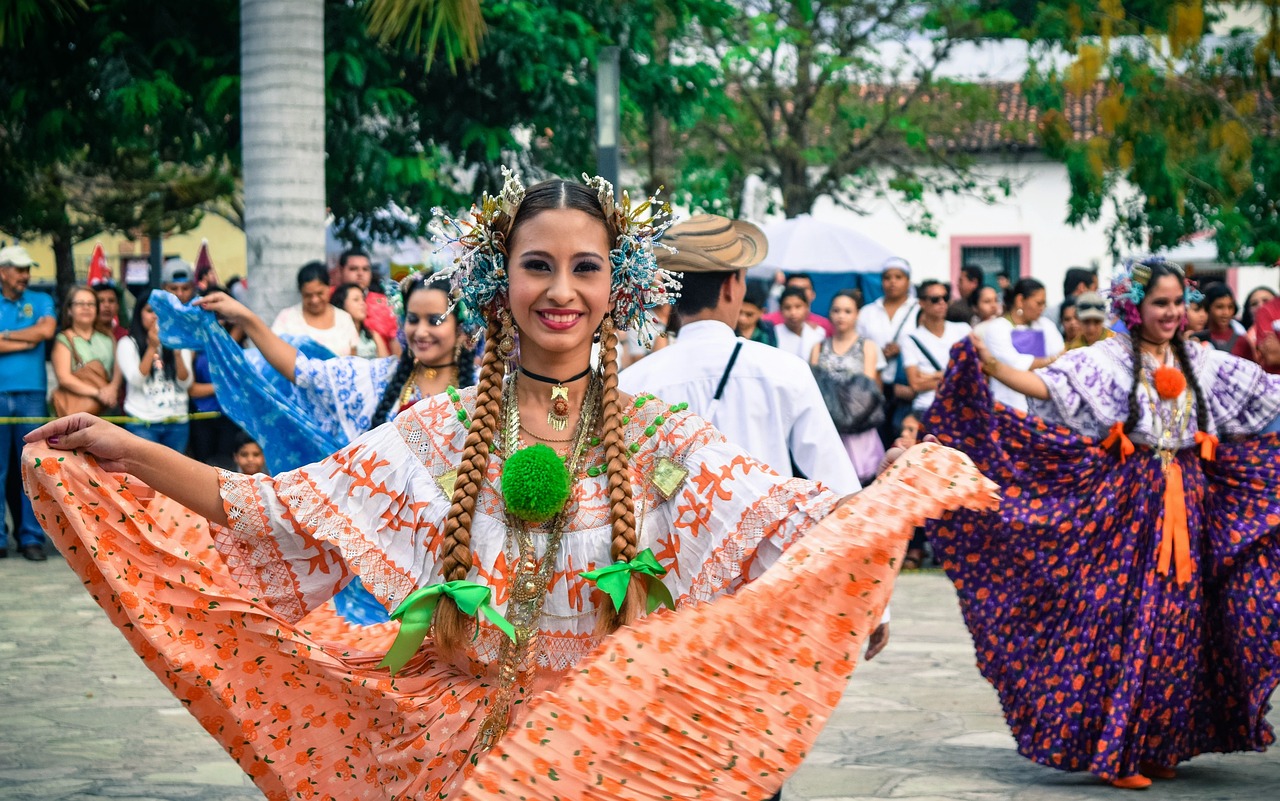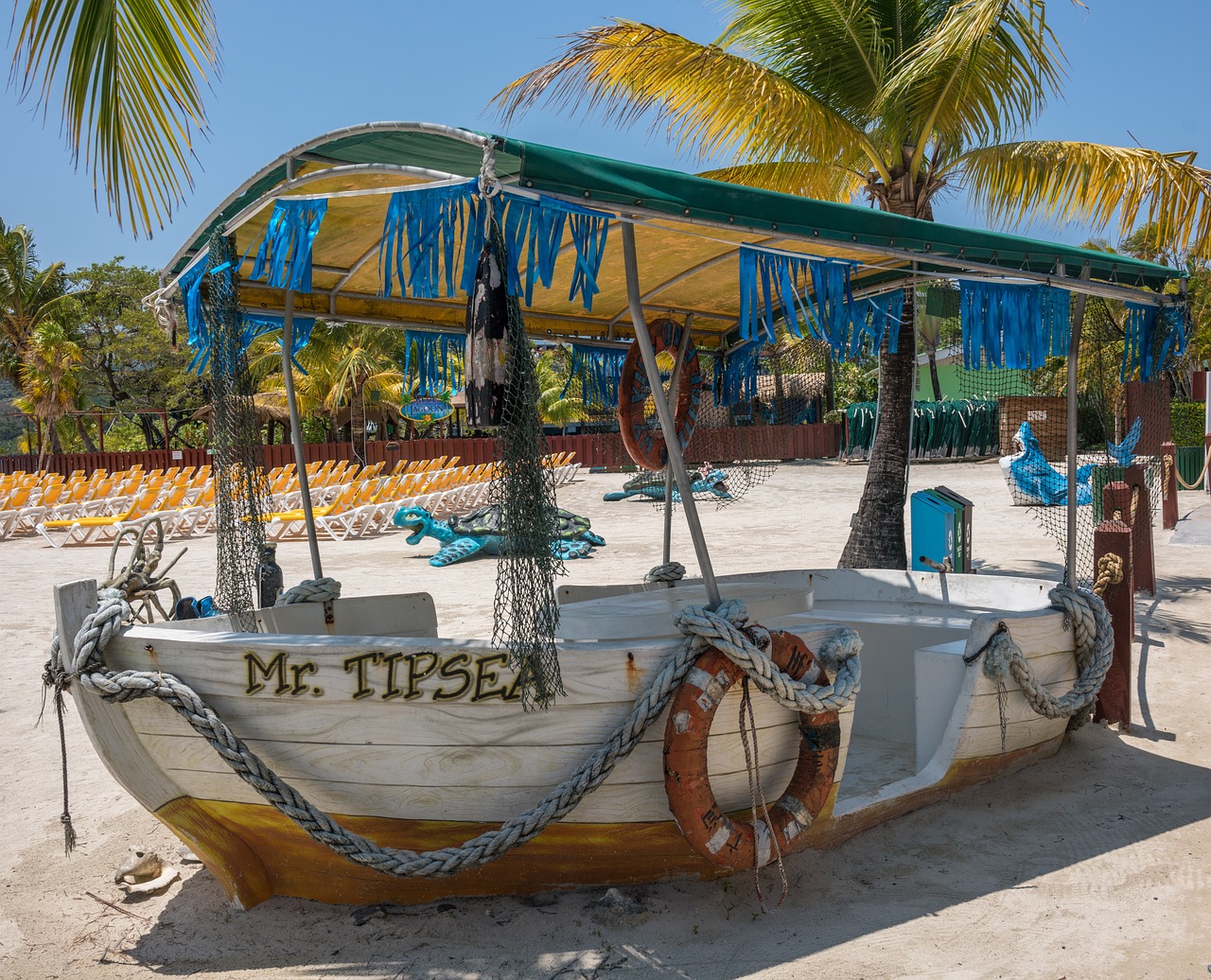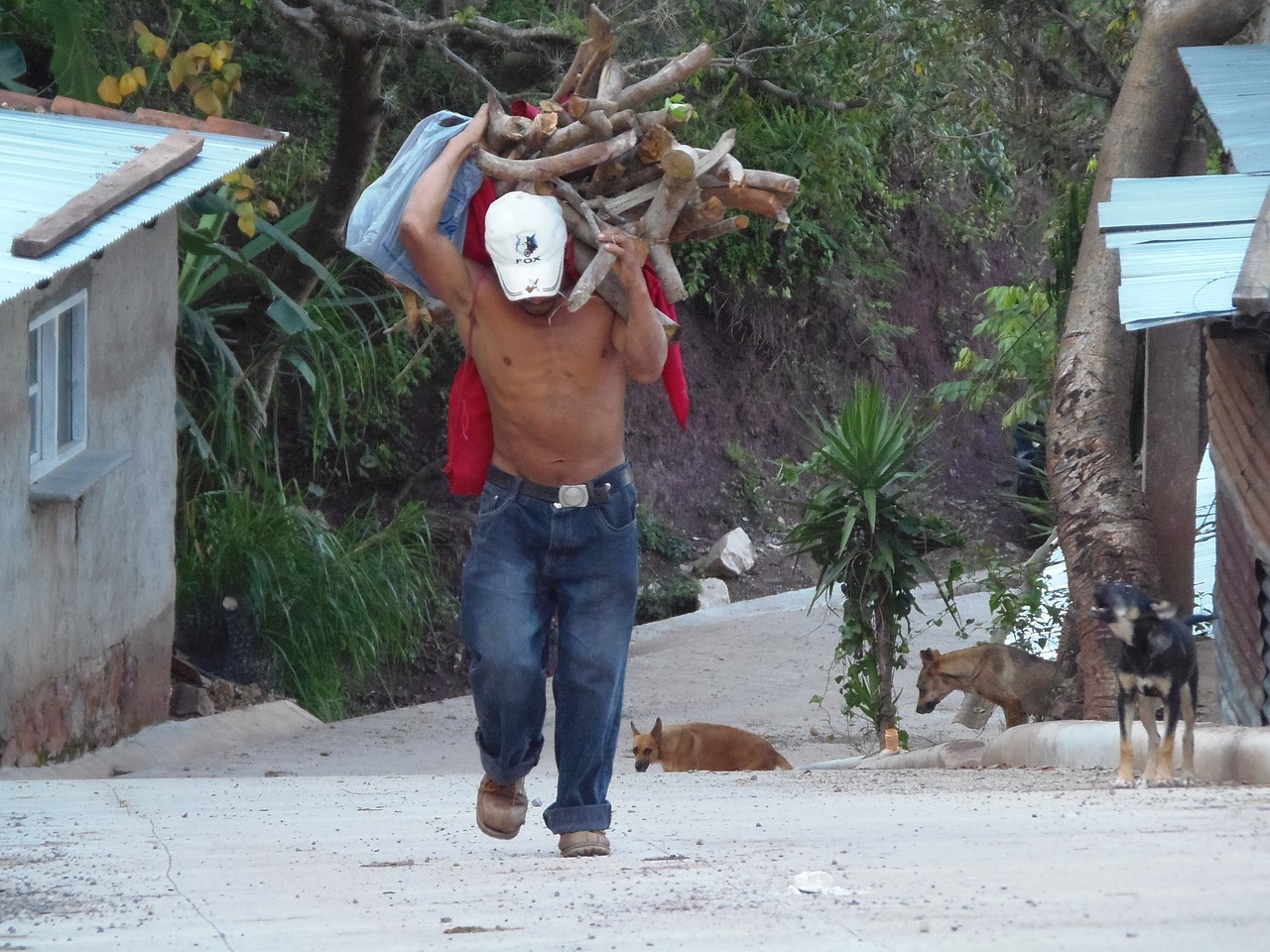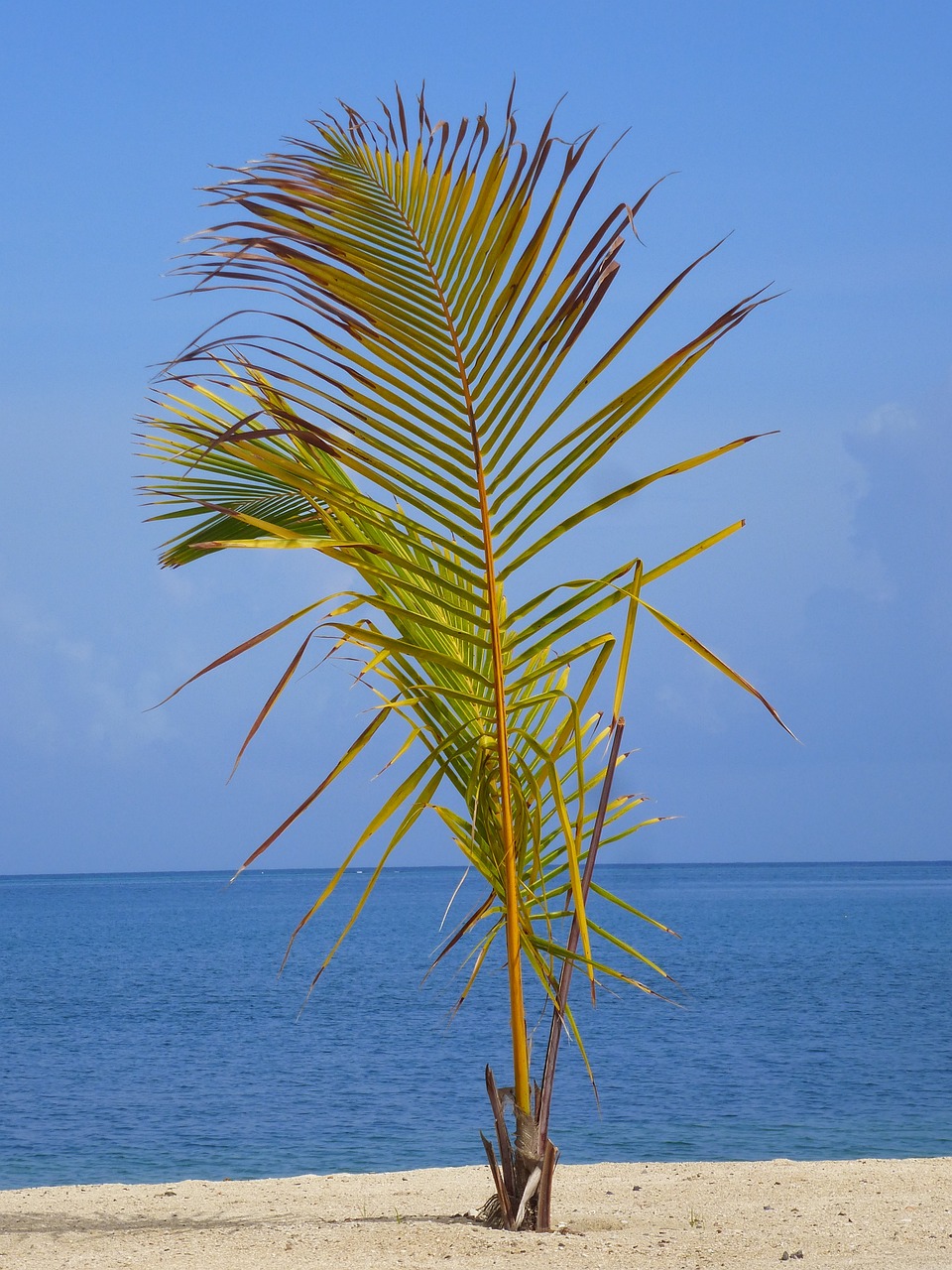Safety Tips for Remote Workers in Honduras
Remote work has become increasingly popular in recent years, allowing individuals the flexibility to work from anywhere in the world. If you’re a remote worker in Honduras, it’s important to prioritize your safety and well-being. Here are some essential safety tips to consider:
Know Your Surroundings
- Research the Area: Before settling in a specific location, research the area to understand its safety reputation and any potential risks.
- Identify Safe Accommodations: Choose accommodations in safe neighborhoods or areas with good security measures.
- Locate Emergency Services: Familiarize yourself with the locations of nearby hospitals, police stations, and embassies or consulates.
It’s essential to be aware of any high-crime areas or regions with political instability. Check reliable sources such as local government websites or travel advisories for up-to-date information.
Look for reviews or recommendations from other travelers or expats who have stayed in the same area. Consider factors such as security guards, surveillance cameras, and secure entrances.
Knowing where to find emergency services can be crucial in case of any unforeseen circumstances.
Transportation Safety
- Choose Safe Transportation Options: When traveling around Honduras, opt for reliable and reputable transportation services.
- Share Your Itinerary: Inform a trusted friend or family member about your travel plans and itinerary.
- Stay Alert: Remain vigilant while using public transportation or walking in crowded areas.
Use registered taxis or reputable ridesharing services rather than accepting rides from strangers. This reduces the risk of falling victim to scams or unsafe situations.
Provide them with details such as the route you’ll be taking, expected arrival times, and contact information. This ensures someone knows your whereabouts and can check on you if needed.
Keep an eye on your belongings, avoid displaying valuable items, and be cautious of your surroundings to minimize the risk of theft or pickpocketing.
Online Security
- Use Secure Networks: When working remotely, connect to secure and trusted Wi-Fi networks.
- Use Strong Passwords: Create strong and unique passwords for all your online accounts.
- Enable Two-Factor Authentication: Add an extra layer of security to your accounts by enabling two-factor authentication.
Avoid using public Wi-Fi networks that are unsecured, as they can expose your sensitive information to potential hackers.
Use a combination of letters, numbers, and symbols, and avoid using easily guessable information such as birthdays or names.
This requires you to provide a second form of verification, such as a code sent to your mobile device, in addition to your password.
Health and Well-being
- Stay Hydrated: Honduras has a tropical climate, so it’s important to stay hydrated throughout the day.
- Take Breaks and Stretch: Avoid sitting for extended periods of time without breaks.
- Seek Medical Advice: Before traveling to Honduras, consult your doctor or a travel health professional.
Carry a water bottle with you and drink plenty of fluids to prevent dehydration, especially if you’re working outdoors or exploring the country.
Take regular breaks to stretch your muscles and relax your eyes. Consider incorporating short physical activities or exercises into your daily routine.
They can provide necessary vaccinations or medications specific to the region and advise you on any health precautions you should take.
Emergency Preparedness
- Keep Emergency Contacts Handy: Save important contact numbers, including local emergency services, in your phone.
- Carry Identification: Always carry a form of identification, such as a copy of your passport or a local ID card.
- Create an Emergency Plan: Develop an emergency plan and share it with someone you trust.
In case of an emergency, you’ll have quick access to the necessary numbers for immediate assistance.
This will help authorities identify you in case of any unforeseen circumstances or emergencies.
Include details such as meeting points, emergency contacts, and steps to take in different scenarios.
Honduras Image 1:

Local Customs and Etiquette
- Respect Local Customs: Learn about and respect the local customs and traditions of Honduras.
- Dress Appropriately: Dress modestly and respectfully, especially when visiting religious sites or rural areas.
- Learn Basic Phrases: Learn a few basic phrases in Spanish, the official language of Honduras.
Understanding and adhering to local customs can help you blend in and avoid unintentionally offending anyone.
Consider local norms and traditions when choosing your attire to show respect for the local culture.
This can help you communicate with locals and make your experience more enjoyable.
Emergency Contacts
- Police: 911
- Ambulance: 195
- Fire Department: 198
- Tourist Police: +504 9999-9999
Honduras Image 2:

Conclusion
By following these safety tips, remote workers in Honduras can ensure a secure and enjoyable experience while working remotely. Prioritizing personal safety and being aware of potential risks is key to making the most of your time in this beautiful country.
Honduras Image 3:

References
- Honduras Travel – hondurastravel.com
- U.S. Department of State – travel.state.gov
- Lonely Planet – lonelyplanet.com
- World Health Organization – who.int


